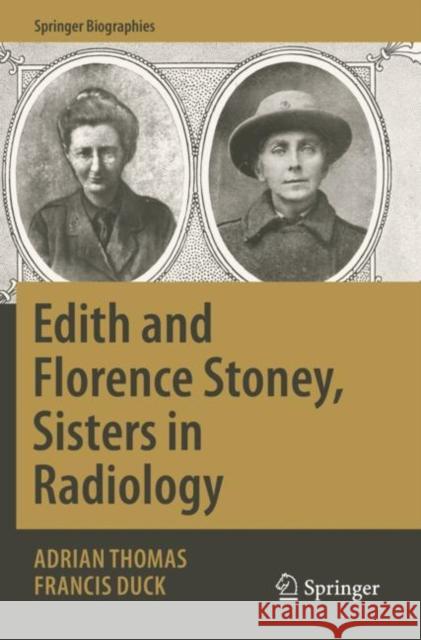Edith and Florence Stoney, Sisters in Radiology » książka
topmenu
Edith and Florence Stoney, Sisters in Radiology
ISBN-13: 9783030165635 / Angielski / Miękka / 2020 / 353 str.
Edith and Florence Stoney, Sisters in Radiology
ISBN-13: 9783030165635 / Angielski / Miękka / 2020 / 353 str.
cena 201,24
(netto: 191,66 VAT: 5%)
Najniższa cena z 30 dni: 192,74
(netto: 191,66 VAT: 5%)
Najniższa cena z 30 dni: 192,74
Termin realizacji zamówienia:
ok. 16-18 dni roboczych.
ok. 16-18 dni roboczych.
Darmowa dostawa!
Kategorie:
Kategorie BISAC:
Wydawca:
Springer
Seria wydawnicza:
Język:
Angielski
ISBN-13:
9783030165635
Rok wydania:
2020
Wydanie:
2019
Numer serii:
000774569
Ilość stron:
353
Oprawa:
Miękka
Wolumenów:
01











